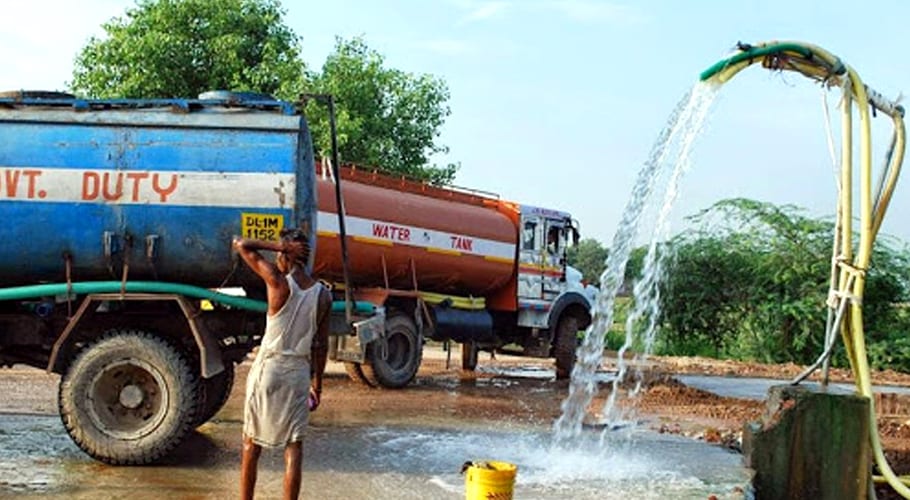Quetta’s need for water has risen because of the recent shift in weather. Tube wells are often the solution, but they are not enough at present. The city’s over two million residents would not have enough water to meet their needs, even if a new supply system gets put in place.
400 tube wells have been erected by the Balochistan Water and Sanitation Agency (WASA) to meet the need for 700,000 gallons of water per month, according to WASA estimates. According to WASA authorities, 500,000 gallons of water were needed in 2019.
Because of a decrease in snowfall, fewer forest areas, and a decrease in water recharge from glacier linked streams and rainfall, the depth required to lay an underground pipe has climbed from 80 feet to 2,000 feet.
WASA’s taps and tanker services quench Quetta’s thirst. Water is transported to homes in the province through tankers hauled by tractors. Locals report that a single tanker costs between Rs1,500 and Rs2,000. In addition, the tariff changes based on how far one is from the station. Because of the high water storage capacity, tankers loaded on trucks are also available, however, they cost roughly Rs3,600.
In addition, locals say that certain tanker organisations are charging a $1,000 delivery fee because there is no standard pricing. According to them, these tankers supply water for everything from drinking to cleaning and watering plants.
The cost of gasoline also influences the price of water tankers.
In response to the dry soil, the government has prohibited the construction of new tube wells. The earth had already been excavated to a depth of 750 feet in order to extract water through the installation of four-inch diameter pipes in homes. This method supplied water for a full day and night.
The Karez system
For ages, the dispersed population of Balochistan has relied on Karez Irrigation to meet their irrigation demands since it is an ancient gravity-based technique of water extraction. An October 1988 research on karez irrigation in Balochistan found it was used to irrigate around 11% of the province’s total irrigated land.
Even with only 1% functioning in Mastung, experts think the system is nearly dead.
Melting ice water is kept in wells under the Karez system and new wells are drilled every three to four kilometres. This technology does not allow water to evaporate.


